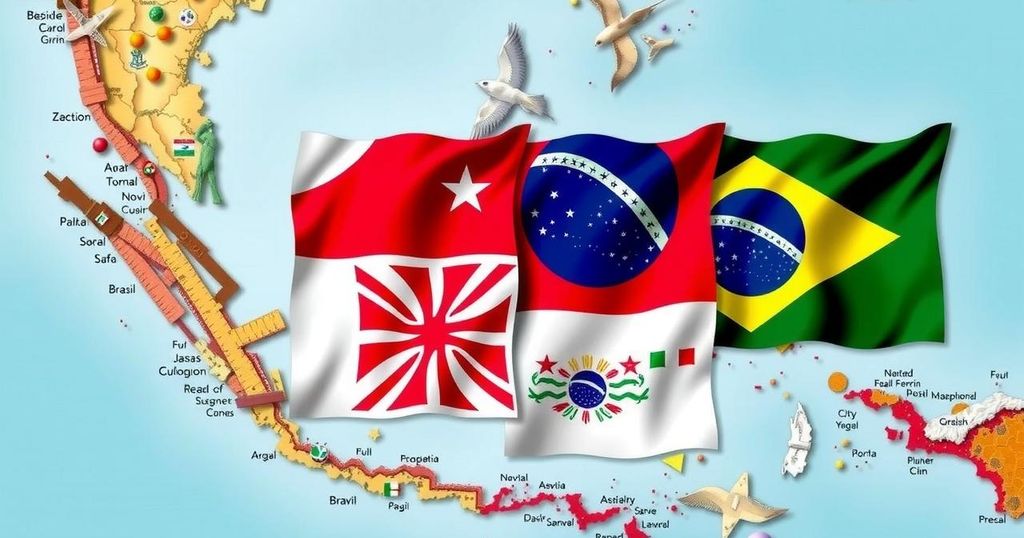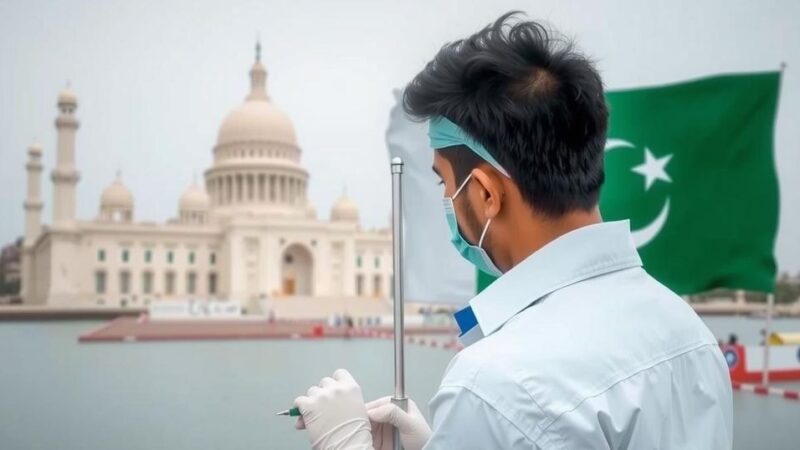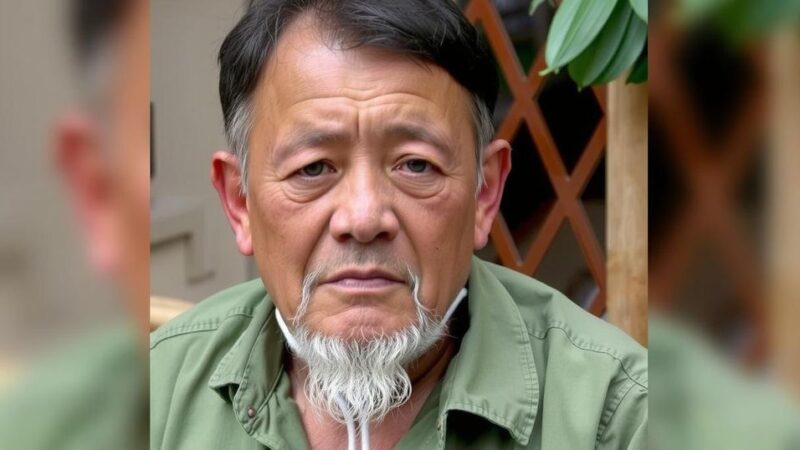Brazil has welcomed Indonesia into BRICS, recognizing its economic significance in Southeast Asia. Indonesia’s membership aligns with shared goals of reforming global governance and enhancing cooperation within the Global South. This decision was confirmed in 2024 after Indonesia formally expressed interest post-establishment of its new government. BRICS, founded in 2006, continues to expand its influence on the global stage with new members joining in 2024.
The Brazilian government has officially welcomed Indonesia as the newest member of BRICS, acknowledging its role as the largest economy in Southeast Asia and its substantial population. Indonesia’s membership reflects a shared commitment among BRICS nations to reform global governance institutions and enhances cooperation within the Global South. This was highlighted by Brazil’s presidency theme, which emphasizes “Enhancing Global South Cooperation for a More Inclusive and Sustainable Governance,” as stated by the Brazilian Foreign Ministry.
After the onset of its new government, Indonesia expressed a formal interest in joining BRICS, which was subsequently approved by a consensus of existing member nations in 2024, following the guiding principles established during the Johannesburg expansion discussions.
The BRIC grouping was initiated in 2006, during a meeting in St Petersburg among the leaders of Russia, India, and China, with its formalization occurring later that year in New York. The first BRIC Summit took place in Russia in 2009, leading to the inclusion of South Africa in 2010, thus creating BRICS. In 2024, the organization welcomed five additional members: Egypt, Ethiopia, Iran, Saudi Arabia, and the United Arab Emirates, further expanding its influence during the 16th BRICS Summit held in Kazan under Russian leadership.
This significant expansion reflects the growing importance and diversification of the BRICS alliance on the global stage, positioning it as a crucial player in international cooperation and governance reform.
The BRICS group, originally consisting of Brazil, Russia, India, China, and later South Africa, has evolved into a significant coalition of emerging economies advocating for a reformed international governance system. The inclusion of Indonesia marks a strategic enhancement of this group, which aims to amplify the voices of Global South nations and strengthen economic partnerships. Over the years, the BRICS organization has expanded its membership in response to the changing global landscape, underscoring its commitment to inclusive governance and development. The recent admission of Indonesia aligns with global trends emphasizing the importance of diverse economic representation and collaboration among non-Western nations.
In conclusion, Indonesia’s entry into BRICS signifies a pivotal moment for the organization, enhancing its role in global governance and cooperation among emerging economies. As BRICS continues to expand, its focus on inclusive and sustainable development remains paramount. The ongoing commitment to reforming global governance institutions reflects a strategic alignment with the interests of Global South nations, positioning BRICS as a key player in the international arena.
Original Source: m.economictimes.com







